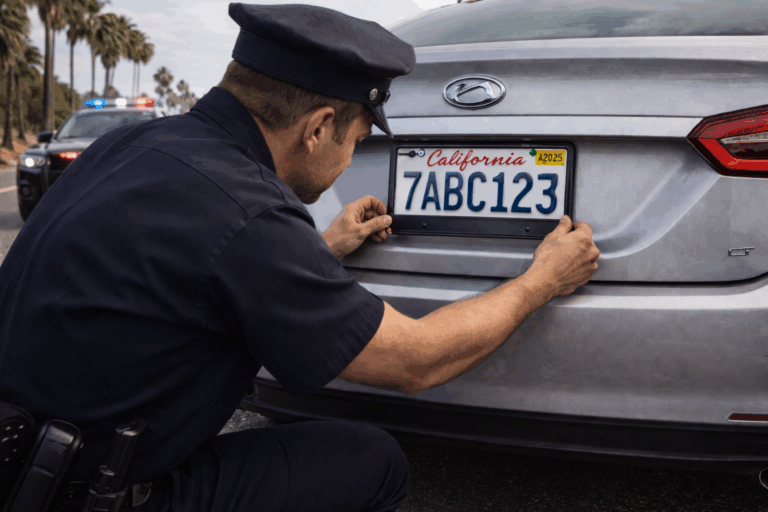Do you even need a CDL license? If you do which is better Class A or B CDL? Maybe you have considered driving without a special license, in which case you better pony up for a CDL ticket lawyer. CDL licenses are a requirement for anyone driving a vehicle or a combination of a vehicle and trailer that weighs in excess of 26,001 or more pounds. However, the separate classifications further stipulate the type of vehicles a licensee is qualified to drive and operate. Therefore, what are the classifications, and which license do you need?
Class A CDL
In an effort to avoid the need for reckless driving lawyers, it is wise to have the appropriate license for your vehicle and weight class. A Class A license permits a license holder to drive any combination of vehicles rated at 26,001 lbs. or more. This weight class also includes the towing of other vehicles of 10,000 lbs. or more. Furthermore, a Class A CDL driver, with the proper endorsements, can drive several commercial vehicles.
- Tractor-trailers
- Tanker vehicles
- Livestock carriers
- Truck and trailer combinations
- Double and triple trailers
- Flatbeds
Also, with this classification, a driver can also drive Class B and C vehicles, with the proper endorsements. Therefore, Class A licenses are for some of the heaviest and most complicated vehicles.
Class B CDL
When researching what vehicles require a CDL license, you are likely to realize that a Class B CDL license is among the most versatile for typical commercial transportation. This license covers single vehicles with a total weight of up to 26,001 lbs. Also, it allows for the towing of another vehicle of no more than 10,000 lbs. While that might sound like a significant limitation, with the proper endorsements, a Class B driver can operate a wide array of commercial vehicles.
- Buses
- Straight trucks
- Box trucks
- Delivery trucks
- Segmented buses
- Couriers
- Dump trucks
Similar to a Class A CDL, a Class B license allows a properly designated driver to operate vehicles at a lower classification level. Therefore, with appropriate endorsements, a Class B licensee can operate Class C vehicles.
Class C CDL
The Class C CDL is a designation for other smaller transport vehicles. For example, if a driver is transporting at least 16 passengers, including themselves, then they a required to carry a Class C license. Also, this classification is necessary for the transportation of hazardous materials. Therefore, you might need this license if you are going to be operating a small HAZMAT vehicle, passenger van or a small truck towing a trailer.
Endorsements
Depending on state regulations, you might be required to receive additional endorsements beyond a CDL license. For example, if you are planning on working in a position where your job is to transport hazardous materials, then you might need to take exams for the H endorsement. Or, if you are planning on being a school bus driver, then you might need the S endorsement, which requires the passing of an exam and road test. Several endorsements beyond these are job-specific, such as the X or endorsement for tank vehicles and hazmat operations. Regardless of the endorsement, you will likely be required to take a skills test and a road test in each instance.
There are several different types of CDL licenses and endorsements, but it is difficult to pinpoint which is right for you without knowing your needs and possible job requirements. Therefore, be sure to do your research so that you don’t end up in legal jeopardy for operating a vehicle without the appropriate license. Although, if you do, you can always reach out to an attorney for assistance.



